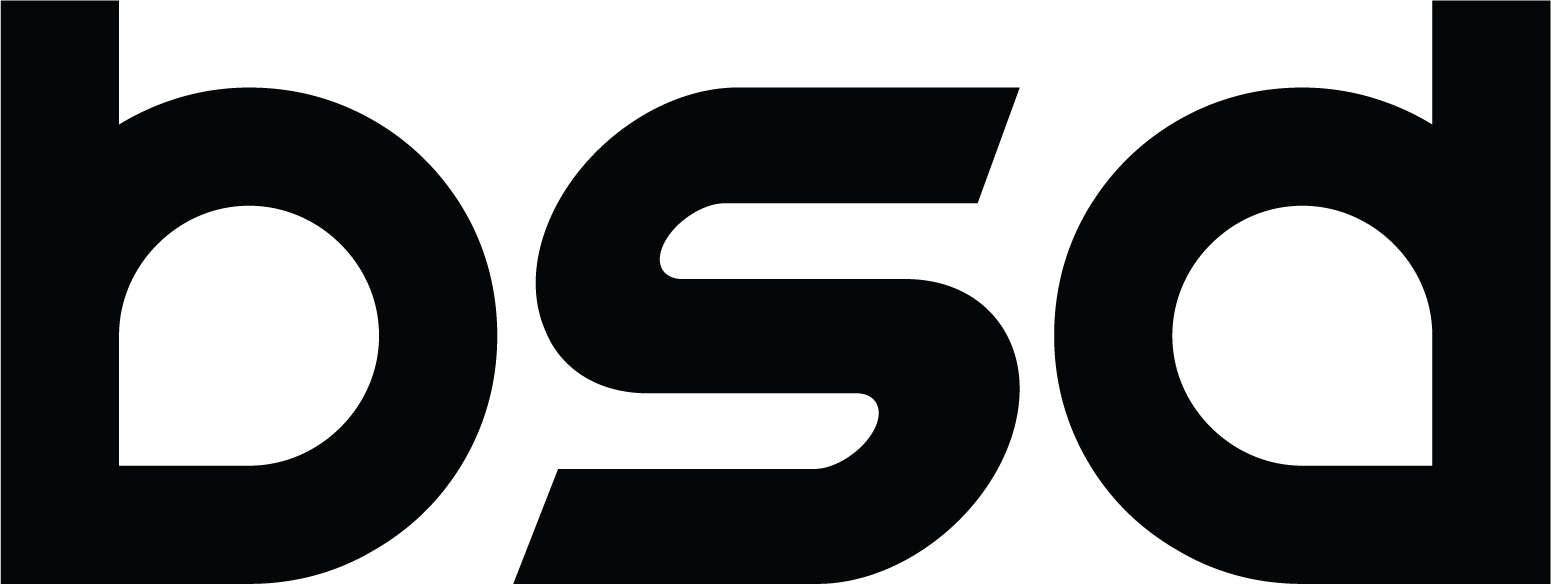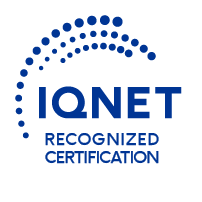FUNDED PROJECT
PROXIMA - Proximity Machinery through Distributed Augmented Reality HMI Layers for Empowering Industrial operators in Low Resources Scenarios
PROXIMA - Proximity Machinery through Distributed Augmented Reality HMI Layers for Empowering Industrial operators in Low Resources Scenarios
Extended Reality in the industrial domain.
How to enhance on-the-job training with innovative technologies?
DESIGN
EXTENDED REALITY
TRAINING
The PROXIMA Project has received funding from the European Union’s Horizon Europe research and
innovation action programme, via the Open Call #1 – XR2Learn issued and executed under project XR2Learn.
PROXIMA places psychological factors at the center of training in the industrial context. The feelings, beliefs, and attitudes of operators, in fact, influence motivation, self-regulation, and overall learning performance.
PROXIMA aims to design an Extended Reality (XR) training kit to support on-the-job and site-specific training through technology, methods, and materials tailored to trainers operating in the industrial context.
PROXIMA places psychological factors at the center of training in the industrial context. The feelings, beliefs, and attitudes of operators, in fact, influence motivation, self-regulation, and overall learning performance.
PROXIMA aims to design an Extended Reality (XR) training kit to support on-the-job and site-specific training through technology, methods, and materials tailored to trainers operating in the industrial context.

Focus
AR kit for industrial training
AR kit for industrial training
Funding organization
European Union’s Horizon Europe Research and Innovation Programme
Team
Alessandro Pollini
Maurizio Mesenzani
Tania Sabatini
Angela Di Massa
Andrea Castellucci
Sara Traversari
Luca Merzi
Alessandro Pollini
Maurizio Mesenzani
Tania Sabatini
Angela Di Massa
Andrea Castellucci
Sara Traversari
Luca Merzi
Partner
University of Bologna
PROTESA
University of Bologna
PROTESA

Augmented Reality supporting on-the-job training design activities.
The kit will allow to focus on specific training needs and on the customization of the content in particular contexts.
Proxima’s training kit will also consider space and physical limitations, as well as ergonomic aspects concerning the human body in the workspace. In particular, because Augmented reality is designed to juxtapose on physical space, hence it will not burden human cognition by adding to the distractions of the real world.
The goal is to offer a technology that is sustainable at the cognitive, social, and organizational levels.
PROXIMA will focus on the design, development, prototyping, validation, and release of an Extended Reality Training Kit that will integrate the following services:
- spatial guidance in the production environment;
- training on machines and equipment;
- hazard identification through virtual simulations;
- on-field contextual guidance for operations, with real-time information.
Proxima’s training kit will also consider space and physical limitations, as well as ergonomic aspects concerning the human body in the workspace. In particular, because Augmented reality is designed to juxtapose on physical space, hence it will not burden human cognition by adding to the distractions of the real world.
The goal is to offer a technology that is sustainable at the cognitive, social, and organizational levels.
PROXIMA will focus on the design, development, prototyping, validation, and release of an Extended Reality Training Kit that will integrate the following services:
- spatial guidance in the production environment;
- training on machines and equipment;
- hazard identification through virtual simulations;
- on-field contextual guidance for operations, with real-time information.

For more information about the PROXIMA project, please visit our Linkedin page
Request a demo or explore about XR in Manufacturing
clicking here
Request a demo or explore about XR in Manufacturing
clicking here



This project has received funding from the European Union’s Horizon Europe Research and Innovation Programme under Grant Agreement No. 101092851.


